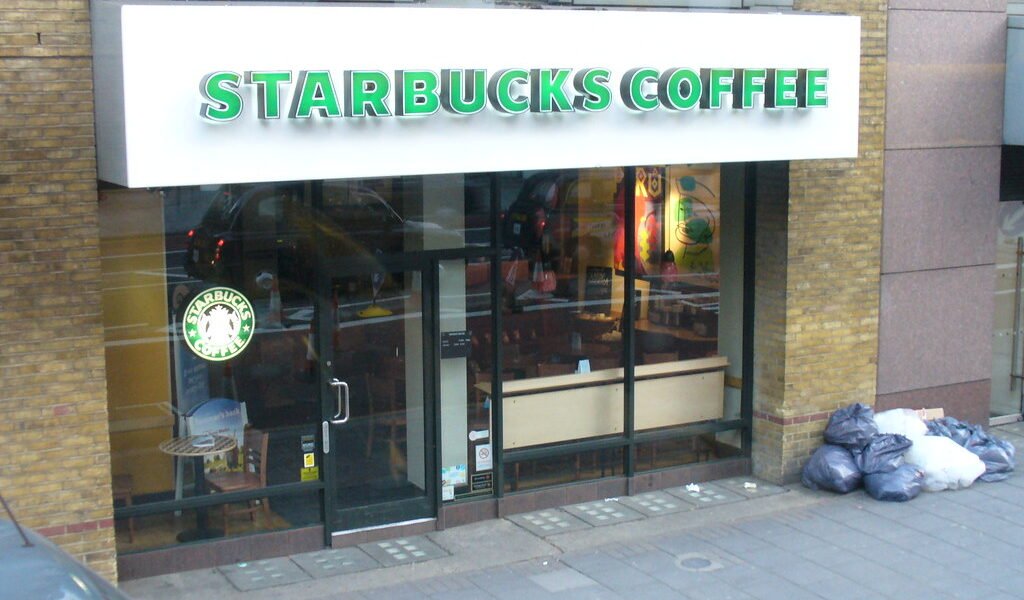Starbucks Faces Setback as Court Rejects Bid to Dismiss Consumer Lawsuit Over Refreshers
In a recent legal development, coffeehouse giant Starbucks finds itself entangled in a consumer lawsuit concerning its popular Refreshers drinks. A U.S. district court judge has made a significant ruling, deciding that nine out of the eleven causes of action presented by the plaintiffs will remain active. This decision comes as a setback for Starbucks, as the company had sought the dismissal of all allegations in the lawsuit.
The legal proceedings unfolded with a published online legal filing by Court Listener, revealing that Starbucks had previously made efforts to have all claims against them dismissed. However, the judge’s recent ruling marks a turning point in the case. Notably, this decision comes more than a year after the initial lawsuit was filed against Starbucks and over eleven months after the complaint was amended, as reported by Court Listener.
The crux of the lawsuit centers on concerns raised by the plaintiffs regarding the marketing and naming of six different Starbucks Refresher drinks. The plaintiffs contend that Starbucks engaged in “false and deceptive practices” in the marketing of these beverages. Among the drinks mentioned in the lawsuit are Mango Dragonfruit Lemonade, Mango Dragonfruit, Strawberry Acai Lemonade, Strawberry Acai, Pineapple Passionfruit Lemonade, and Pineapple Passionfruit. According to the amended complaint, the plaintiffs allege that these drinks do not actually contain the fruits advertised in their names, such as mango, passionfruit, or acai.
Starbucks has promptly responded to these allegations, with a company spokesperson stating, “The allegations in the complaint are inaccurate and without merit,” in a statement to FOX Business. Starbucks remains resolute in its commitment to defending itself against these claims.
During the ruling on the dismissal request, the judge expressed concerns that the names and marketing strategies employed by Starbucks for these drinks could potentially mislead a “significant portion” of consumers. This acknowledgment underscores the seriousness of the allegations and their potential impact on consumers.
However, not all aspects of the lawsuit will proceed. Allegations of unjust enrichment and common law fraud have been excluded from the judge’s order. Regarding the common law fraud claim, the judge has allowed the plaintiffs a thirty-day window to amend their complaint. Starbucks maintains that the names of their Refreshers accurately describe the flavors rather than the ingredients, and any potential confusion can be clarified by Starbucks baristas, as emphasized in the judge’s order.
The plaintiffs had requested the court to classify the case as a class-action suit and sought damages and other remedies. Starbucks, a company with a global presence, has offered Refreshers as a cold beverage option at its numerous locations for over a decade, boasting a vast network of more than 37,200 stores worldwide, according to the company’s own reports.
In response to these legal developments, Starbucks saw a dip in its stock value, with a 1.5% drop on Tuesday and a cumulative decline of 5.5% since the start of the year. This setback underscores the potential financial implications of the ongoing lawsuit for the coffeehouse chain.
In conclusion, Starbucks faces a legal challenge as a U.S. district court judge rules in favor of keeping nine causes of action alive in a consumer lawsuit related to its Refreshers drinks. While Starbucks vehemently denies the allegations and seeks to defend its brand, the case’s outcome remains uncertain, with potential consequences for both the company’s reputation and financial standing.
Download our app MadbuMax on the Apple App Store for the latest news and financial tools. Interested in getting your finances in order do not forget to check Dr. Paul Etienne’s best-seller book on personal finance. To access more resources, tools, and services please click here. Also, do not forget to follow Dr. Etienne on IG or Twitter.





